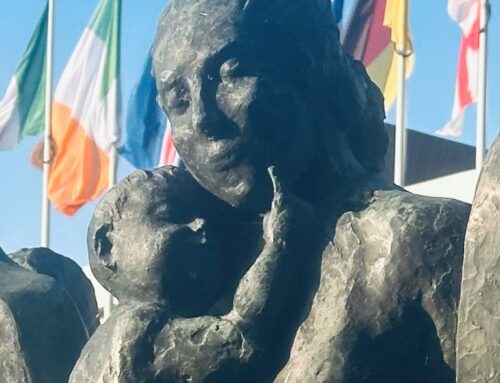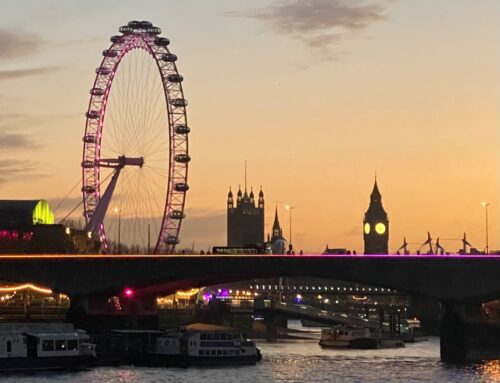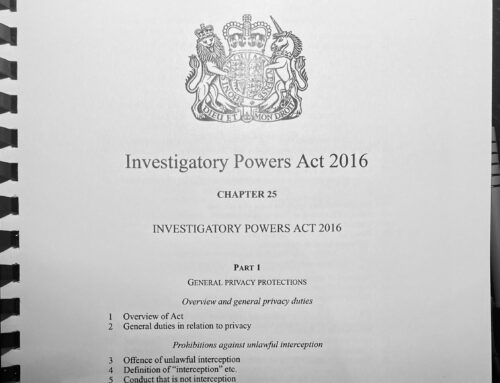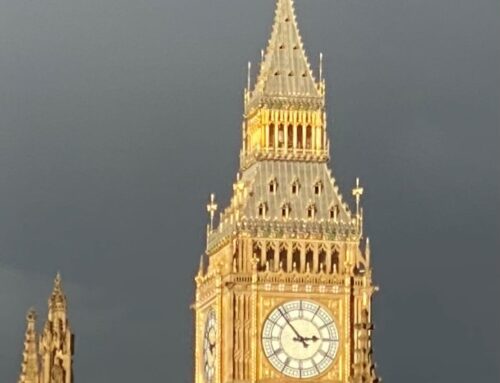Internationally recognised human rights standards are an essential benchmark for anyone who seeks an informed view on the laws governing terrorism, surveillance and extremism.
But contrary to the belief propagated by some, those standards do not amount to unrealistic aspirations, dreamed up by out-of-touch academics. Nor do they unthinkingly prioritise individual rights over our responsibilities to each other. The ECHR, as interpreted by the UK courts and by the European Court of Human Rights in Strasbourg, deals largely in qualified rights. Governments are given a wide discretion over how such rights are to be applied. In case of an emergency threatening the life of the nation (a test which the European Court obligingly held had been met in the UK after 9/11, despite the fact that the UK alone of the 47 Council of Europe states so contended), even the normal application of those qualified rights may be suspended.
After some costly mistakes in the past, rightly identified by the courts, the UK has been largely successful in defending its terrorism laws against human rights challenges. As detailed in my last report as Independent Reviewer of December 2016 (fn 329), each of the last eight such cases to be fully considered by the European Court resulted wholly or very substantially in victory for the Government.
Particularly in the wake of terrible atrocities of the sort that we have seen recently in London and in Manchester, those defending human rights tend to adopt a defensive crouch. They concentrate on the argument – valid, as far as it goes – that respect for rights does not impede the proper exercise of the laws against terrorism.
But the notion of human rights as an unpleasant-tasting medicine is only part of the story. Even a cold-eyed pragmatist should be able to see that human rights have a positive part to play in the fight against terrorism.
First, human rights give the mantle of international respectability to some of the strong measures that have been considered necessary, whether in the shape of far-reaching criminal offences or intrusive police powers. In my own dialogues with the most affected communities, this is a powerful tool in helping demonstrate to people that they are not being unfairly victimised. Scholars have often found that people are more willing to accept rules they believe to be fair.
Secondly, human rights deliver the message that tolerance, pluralism and broad-mindedness are the essence of democracy, and may therefore be robustly defended. There can be no place for the organisation of public life on theocratic or intolerant principles. Personal religious beliefs are protected – but equally, the claims of religion cannot justify conduct which impinges objectionably on the rights of others. Christians and Hindus (through my late client, Shambo) have each found this out. So, most strikingly, has a political party which sought to impose shari’a law on Muslims: a policy which the European Court described as “incompatible with the fundamental principles of democracy“. It ruled unanimously that a ban on the party was justified, despite its high standing in the polls.
Some further reflections on tolerance and human rights are in a short speech I gave in Strasbourg last autumn, and in a related article just published in Prospect.
Human rights are not the preserve of the faint-hearted. Rather, they legitimise and strengthen both the fight against terrorism and the defence of democracy.
[cross-posted 7 June 2017 to HuffPost UK]






